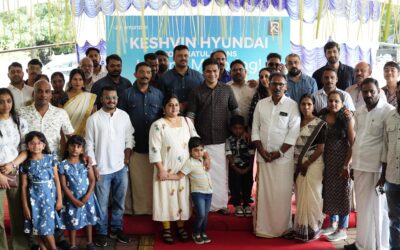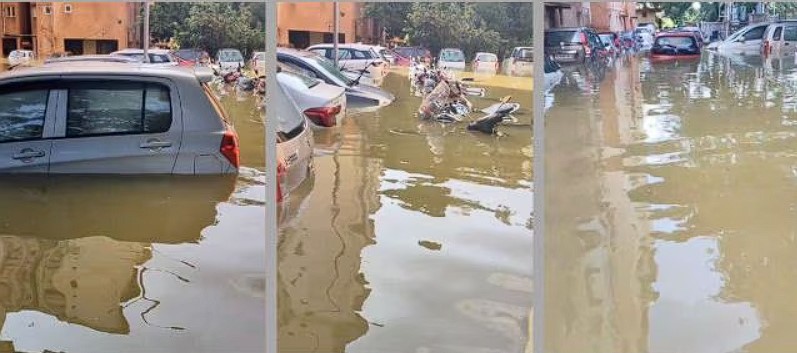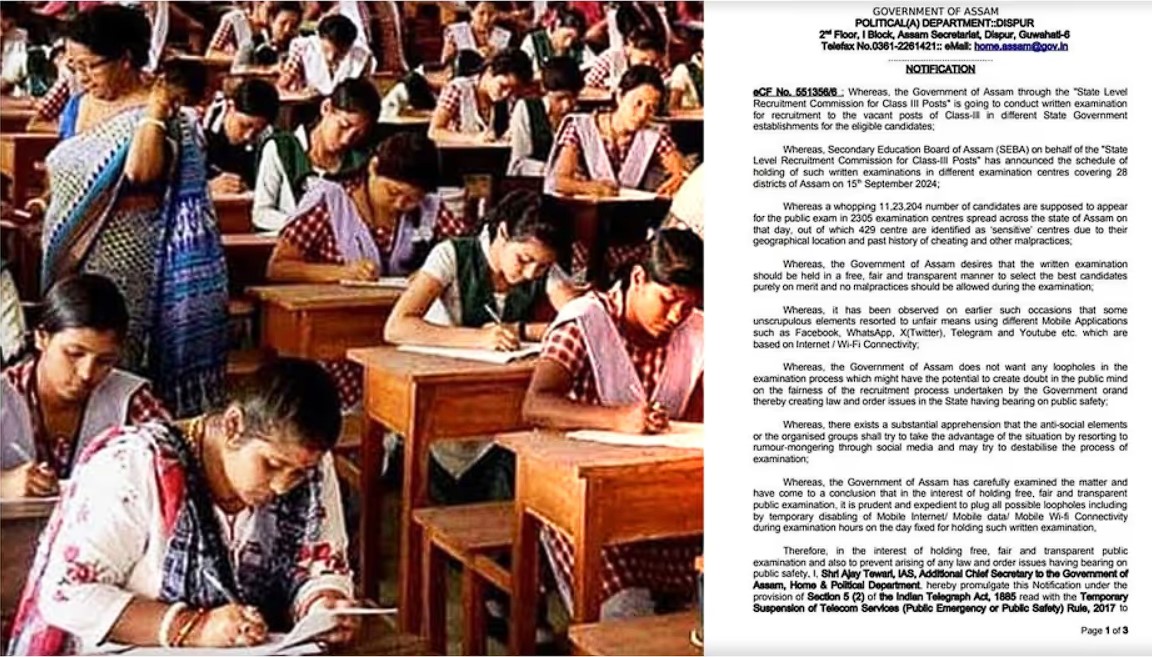Beyond Budgetary Allocation: Optimizing Resources for Improved Learning Outcomes in India
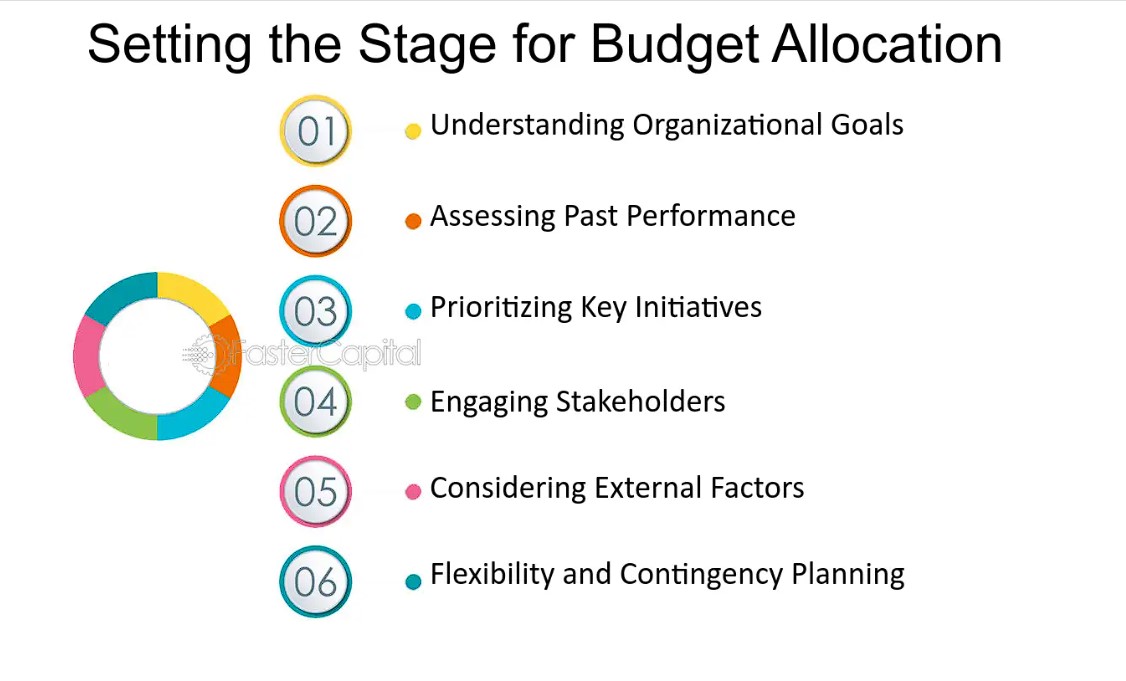
Everyone hears loud talk of increasing education spending as often as tea each time the budget is prepared. However, unlike this, Dr. Anil Agrawal, a member of the Rajya Sabha, thinks slightly differently and wants to go much deeper. Instead, he chooses to focus his concentration on the issue of the efficient management of resources in the sphere of education and the potential to enhance learning productivity.
Dr. Agrawal accepts that increment of social spending towards education is good for the sector. Nevertheless, India’s scenario presents a puzzle: even with 19% hike in educational outlay between 2015 and 2022, foundational literacy and numeracy (FLN) still remain a problem. By third grade, it is noteworthy that approximately 80% of children struggle with reading comprehension and basic arithmetic.
This suggests that there has to be rightful positioning and proper use of and this seems to point to a call for proper planning and optimization. Investing in FLN and basic education yields high returns, proof of which is seen in the riches. Thus, basic level education will lead the child to success in further classes for which the foundation will be laid down in the lower grades in India, there is complete enrollment of all the students as a result early learned interventions are important.
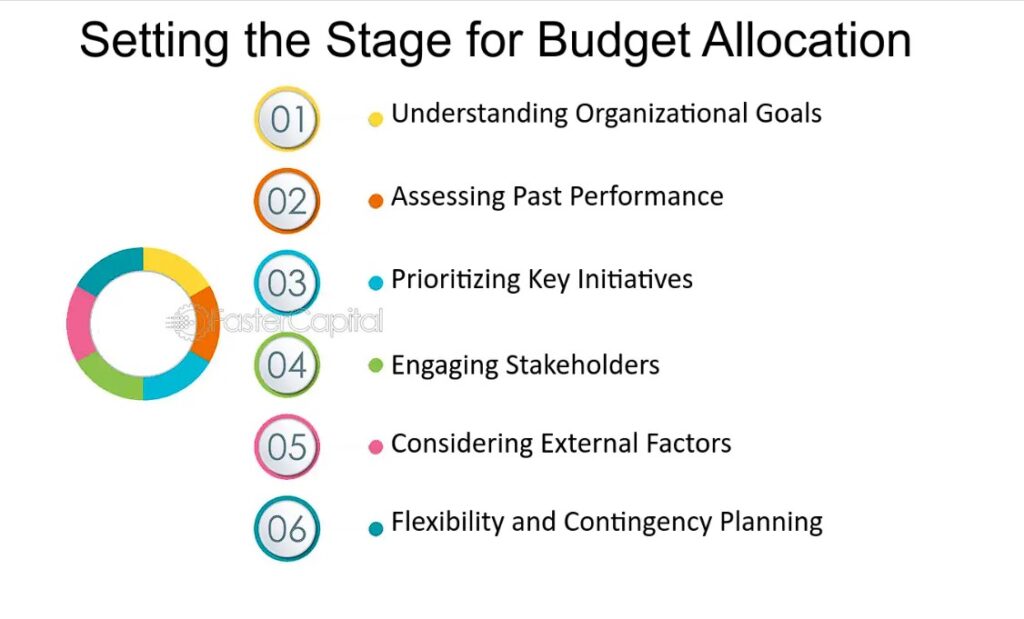
Ref. URL: https://fastercapital.com/i/Budget-Allocation–Optimizing-Resources-for-a-Successful-Year–Setting-the-Stage-for-Budget-Allocation.webp
Another government-promoted program is the National Initiative for Proficiency in Reading with Understanding and Numeracy (NIPUN Bharat Mission) in which the FLN competency is to be achieved by grade 3 by 2026-27. However, challenges persist too.
Aquaerobics is still drowned by a system that distributes funds annually, with states often spending their money rapidly over the last quarter to avoid losing allocations. Dr. Agrawal now wants to introduce 3-year rolling disbursements for efficient resource utilization and improved planning.
They can then remodel their implementation frameworks, which are strengthened by a more extensive timeframe. Early Childhood Education (ECE), Teacher Training, School-based Assessments, and Community Engagement should be focused on.
FLN skills are built during FLN training programs. However, less than one in five government schools has pre-primary education programs available with few dedicated teachers; little time is given to ECE activities in these educational institutions. Dr. Agrawal also suggests investing in programs such as Vidiya Pravesh, a play-school readiness module, and recruiting more ECD educators.
Teacher training is equally important as student training as it is one of the aspects that define classroom behavior, lesson delivery and student lesson management. Nonetheless, only 2. The expenditure on building teacher capacity was 75 percent less than the planned budget of £750m in 2022/23; of this, only 4 percent was funded; the largest slice went to salaries because the states’ requests were poorly ranked, at 1 percent. This implies that the possibility of enhancing the performance of teachers through receiving training throughout their careers could enhance the learning performance among students.
The use of assessments developed for schools is very important in monitoring performance. However, a lot of money has been spent on large-scale Assessments; some of these could be diverted to allow teachers to practice formative assessment with regular Commercial off-the-shelf formative assessments. For instance, Uttar Pradesh’s NIPUN Lakshya app enables teachers to offer weekly tests and record the data.
Ultimately, long-term mission success requires cultivating community engagement that leads to behavioral change. Ensuring that various stakeholders are informed and motivated can be achieved through increased financial allocation to awareness campaigns like the Swachh Bharat Mission.
Finally, Dr. Agrawal emphasizes that the raising of the proportion of the budget for education should not become the principal goal at any cost. Another important area is the need to enhance resource commitment and focus on early intervention and capacity enhancement building among the teachers as well as communities for the achievement of the NHM, NIPUN Bharat Mission, and a better future for children in India.

